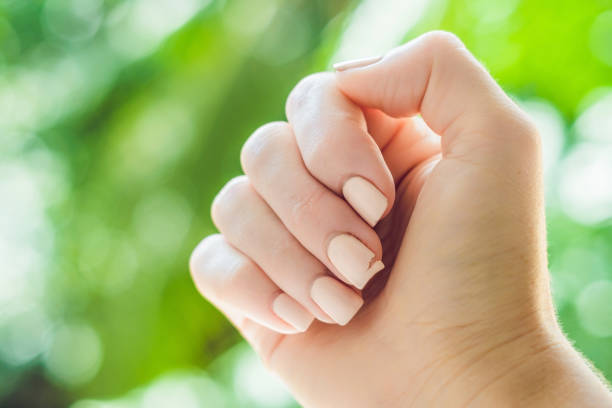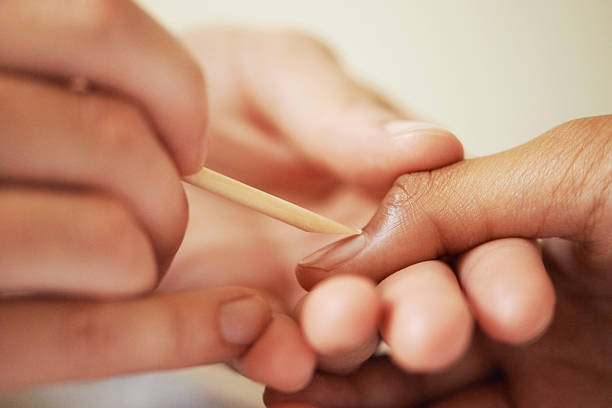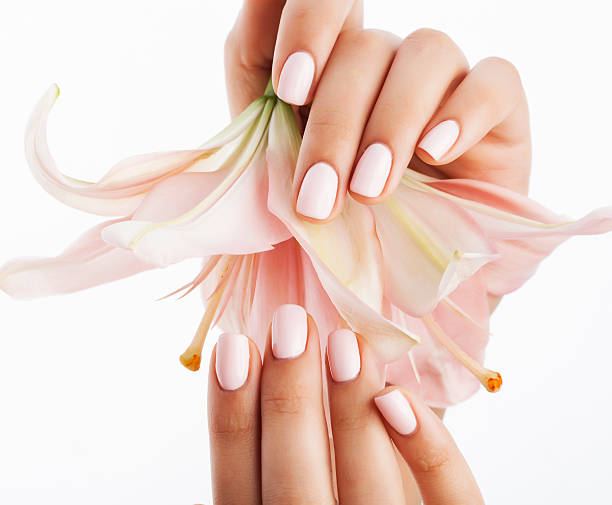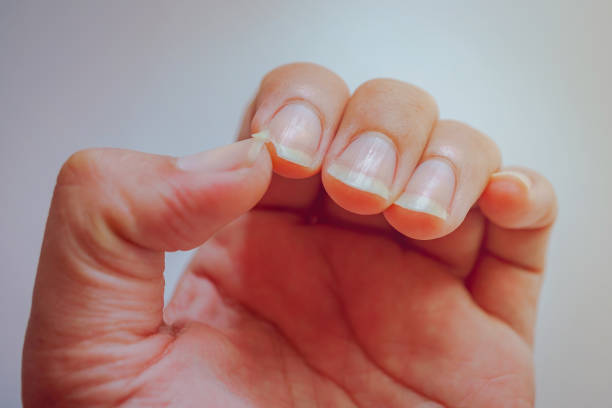What Are The Best Nail Hardeners?
Long nails that are painted beautifully are eye catchers. Every woman like to have long nails but most of them are worried about the chipping and cracking aspect and prefer to have short nails which are easy to maintain.
The nails are made of cells called Keratin. Keratin plays a crucial role in nail health. Keratin protect nails from damages by making them stronger. Keratin is also involved in the formation of cells of your hair and skin, too. It also forms cells that are an important aspect of many glands and internal organs.
Tiny blood vessels, called capillaries are found beneath nails. Blood flowing
in capillaries helps nails grow and gives them pinkish colour.
When new cells are produced the old cells are pushed out to the surface and that’s how the new nails grow. But the content called keratin drops due to lack of nutrients or lack of proper care the nail breaks.
The advancement of science and technology has solved this problem and come up the products to strengthen the nails. These are called nail hardeners. They act as primer to the nails and protect them. There are many fingernail hardeners available in the market. Here are a few tips to choose the best hardener.
Nail Hardener with Formaldehyde
Formaldehyde is the main ingredient in the nail hardeners. It works as fungicide and also increases the shelf life of the product. It’s a main constituent in nail polish. Formaldehyde mixed with aryl sulfonamide forms a resin that helps the polish to stick on to the nails. Many manufactures have started to use other ingredients instead of formaldehyde as it can cause cancer. But FDA says that it’s safe to use up to 3% in any product without worrying about its side effects.
Formaldehyde Free Nail Hardeners
Using formaldehyde for a long time should be avoided as the nails tend to become dry and brittle and split. Water proof products are a good replacement for formaldehyde. They help to hold the moisture in nails and keep water and dirt at bay and promote nail growth. Having petrolatum, mineral oil or lanolin, glycerin, propylene glycol and proteins in nail moisturizers would give the dexterity to the nails and strengthen them as well. For better water binding effect on the nail plate the nail strengthener should include Alpha-hydroxy acids and lactic acid too.
For example, OPI formaldehyde free nail strengtheners (Amazon product) are widely used.
Nail Hardeners should be used like:
Firstly, remove polish, wash and dry your hands thoroughly then finger nails should be neatly trimmed and shaped before applying nail strengtheners. There should be no rough edges on the nails. The nails should be shaped in one direction using a filer or emery board. Apply a thin layer of hardener onto your nails in three strokes: one down the center and two along the sides of the nail. Allow the nail hardener to thoroughly dry.
You may later Polish your nails hardener with your favorite shade, or go natural. Then the waterproof nail hardener should be applied on the nails after soaking the nails in warm water for about 10 to 20 minutes. This should be repeated daily at least for 3 months. The use of detergents and nail polish removers should be avoided. Read here for Nail polish applying tips.
The instructions regarding the nail treatment should be strictly followed. While working in garden, washing dishes and handling household chemicals, wearing a glove would protect the nails from drying.
For people having soft nails, applying a coat of nail polish or another nail product may help increase nail strength over time.
Formaldehyde initially hardens the nail but over time, the nail becomes paradoxically brittle and the ingredient can also cause severe allergic reactions.
Reason for Brittle Nails
- Dry and brittle nails occurs when their is little moisture. The main reason behind this is frequent washing and drying of fingernails.
- Soft and brittle nails are caused by excessive moisture, often a result of overexposure to detergents, household cleaners, and nail polish remover.
- Thyroid disorder causes a person’s body to create too many or too few hormones. It can affect the body’s absorption of minerals and a person’s nails may split away from their beds.
Types of Nail Hardeners
Generally, there are two types of hardeners available: cross-linking and reinforcing nail hardeners.
Cross-linking hardener: This works by actually reacting with the protein in your nails.
Reinforcing hardener: This works topically on the nail via ingredients that coat the nail.
Nail hardeners make nails become less prone to splitting and breaking. The disadvantage of using cross-linkers is that the nail can actually become hard,inelastic and unable to bend which can actually make the nail break more easily.
While the problem with reinforcers is that they need to be reapplied often to continue to be effective
When doing household works such as dish washing, wear gloves to keep your hands dry. Gloves can also protect your hands and nails from harsh chemicals, such as detergents and cleaning fluids. When there is a prolonged exposure to cold, dry weather wearing gloves can be a rescue to your fingers and nails.



